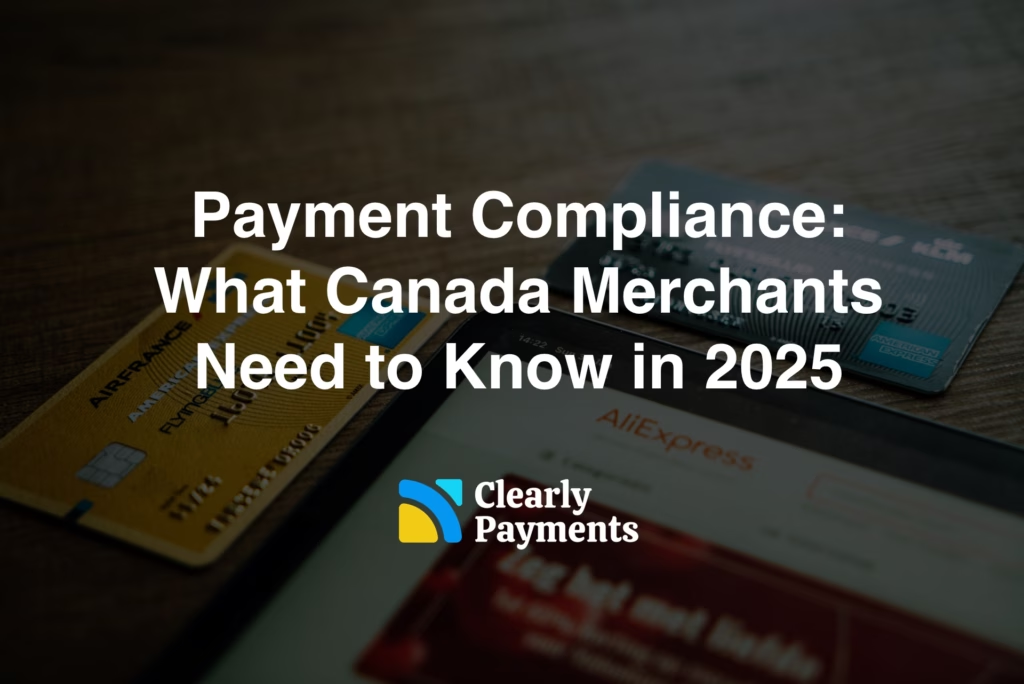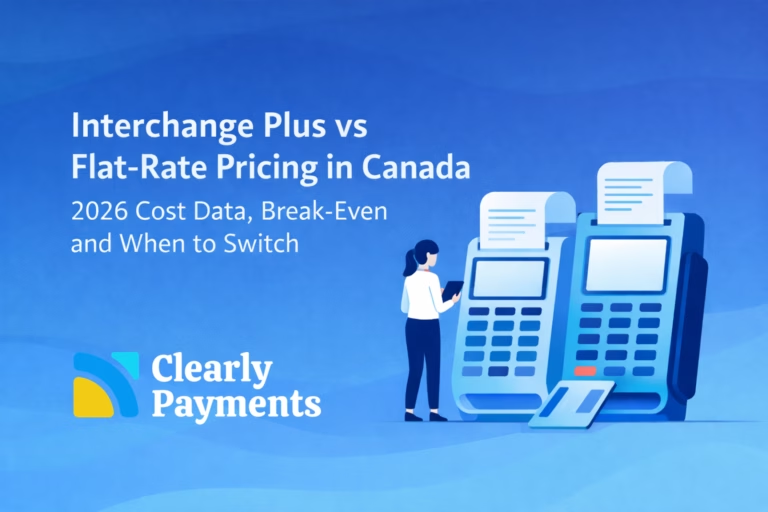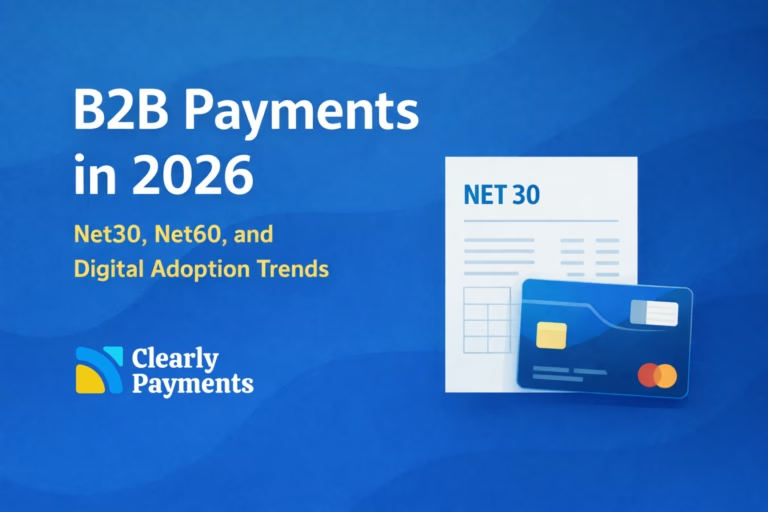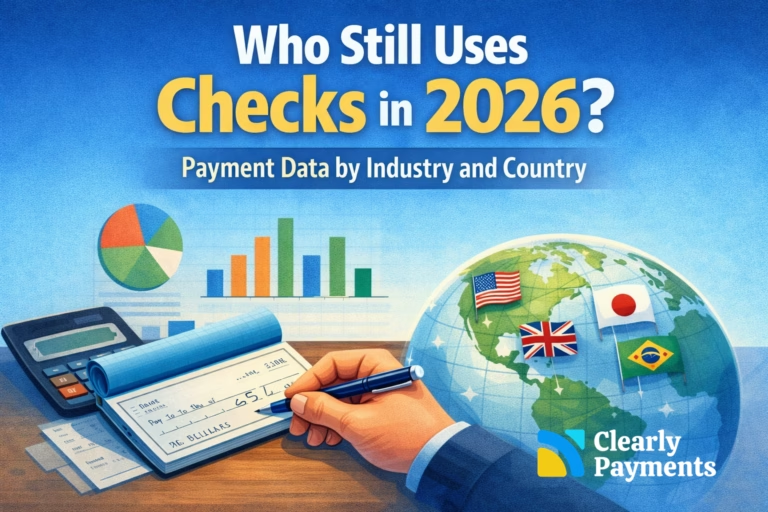For Canadian merchants, payment compliance has become a cornerstone of doing business in 2025. As digital payments grow and fraud attempts increase, regulators are tightening the rules to protect both businesses and consumers.
Compliance is no longer just about following the law, it’s about safeguarding data, reducing risk, and maintaining customer trust in an increasingly competitive market.
Key Canadian payment compliance facts in 2025:
Canada’s payments industry processed over $11.7 trillion in transactions in 2024.
41% of Canadian businesses reported experiencing attempted payment fraud in the last year.
The average cost of a data breach in Canada reached $6.94 million CAD in 2024.
FINTRAC (Canada’s financial intelligence unit) received over 31 million transaction reports in 2023.
New privacy reforms under the proposed Bill C-27 (Consumer Privacy Protection Act) are expected to reshape data-handling requirements for businesses in 2025 and beyond.
This article outlines the key aspects of payment compliance for Canadian merchants, the regulations that matter most, and practical steps to stay ahead in 2025.
Why Payment Compliance Matters in Canada
Canada’s payment landscape is one of the most digitized in the world: over 80% of Canadians regularly use digital or card-based payments, and cash use continues to decline each year. With this shift comes greater exposure to fraud, data breaches, and regulatory scrutiny.
For merchants, compliance failures can be costly. Beyond fines, reputational damage is a major risk, a survey by KPMG found that 78% of Canadian consumers would stop doing business with a company after a data breach.
The Core Compliance Framework in Canada
Canadian merchants face a mix of federal, industry, and card-network rules.
Key compliance areas include:
PCI DSS (Payment Card Industry Data Security Standard): PCI is required by Visa, Mastercard, Amex, and others for handling card data.
FINTRAC Regulations: Under the Proceeds of Crime (Money Laundering) and Terrorist Financing Act (PCMLTFA), certain businesses must report large transactions, suspicious activity, and verify customer identity (KYC).
Privacy Laws: Currently governed by PIPEDA (Personal Information Protection and Electronic Documents Act), but expected to be modernized by Bill C-27 in 2025.
Provincial Laws: Some provinces, such as Quebec, have stricter privacy requirements (Law 25).
Consumer Protection Regulations: Rules vary by province but cover fair billing, refunds, and disclosure requirements.
PCI DSS 4.0: Canadian Merchants Must Comply
Global standards apply locally, with stricter enforcement in 2025. PCI DSS 4.0 became fully enforceable in March 2025. Key updates include stronger authentication, expanded logging, and more flexible compliance approaches.
Why it matters:
Non-compliance can result in card network fines of $5,000 to $100,000 CAD per month.
Breaches are costly: the average Canadian data breach costs $6.94 million CAD, up 10% from 2023.
Even small merchants processing card payments are expected to complete PCI compliance questionnaires or scans.
FINTRAC, AML & KYC Obligations
Stopping money laundering and terrorist financing is a Canadian compliance priority. Merchants in industries considered high-risk (like money services, online gambling, or large cash-intensive businesses) must comply with FINTRAC requirements. These include:
Verifying customer identity for large or suspicious transactions (KYC).
Reporting transactions over $10,000 CAD.
Submitting Suspicious Transaction Reports (STRs) to FINTRAC.
Fact: In 2023, FINTRAC received 31 million reports, including 470,000 suspicious transaction reports, a 30% increase from 2020.
Even merchants outside regulated industries often face AML/KYC indirectly, since their payment processors enforce it as part of onboarding and monitoring.
Privacy Laws: PIPEDA and the Coming CPPA
Canadian privacy rules are entering a new era in 2025. Today, most Canadian merchants must follow PIPEDA, which governs how businesses collect, use, and store personal information. But Bill C-27, if passed in 2025, will introduce the Consumer Privacy Protection Act (CPPA), which:
Grants consumers stronger rights over their data.
Requires businesses to document and justify data collection.
Introduces stricter consent rules.
Creates potential fines up to $25 million CAD or 5% of global revenue for non-compliance.
Quebec’s Law 25 already enforces similar rules, requiring businesses to appoint privacy officers and provide plain-language explanations of data use.
Role of Payment Processors in Compliance
Processors are partners in keeping merchants compliant. Canadian merchants rely on processors not just for transactions, but also for:
PCI DSS compliance support — SAQs, scanning, and tokenization.
Fraud prevention tools — AI-driven monitoring to spot abnormal patterns.
AML & KYC enforcement — verifying customer identities and reporting red flags.
Regulatory updates — guidance on provincial, federal, and industry rule changes.
For high-risk merchants, processors often perform enhanced due diligence, reviewing websites, refund policies, and customer disclosures before approving accounts.
Example: In 2024, a Canadian e-commerce company was fined for misleading billing practices. Its processor’s compliance team caught repeat chargeback patterns, preventing deeper regulatory action — showing how processors act as safeguards as well as service providers.
How Canadian Merchants Stay Ahead in 2025
Compliance is ongoing — not one-and-done. Practical steps to reduce compliance risk:
Stay informed: Subscribe to updates from FINTRAC, PCI, and the Office of the Privacy Commissioner.
Train staff: Employee error causes over 20% of breaches in Canada (KPMG).
Perform audits: Annual reviews of security and privacy practices help spot gaps.
Work with experts: Payment processors, legal advisors, and compliance consultants can reduce complexity.
Stat: Businesses that invest in ongoing compliance programs spend 38% less on breach response when incidents occur (IBM).




